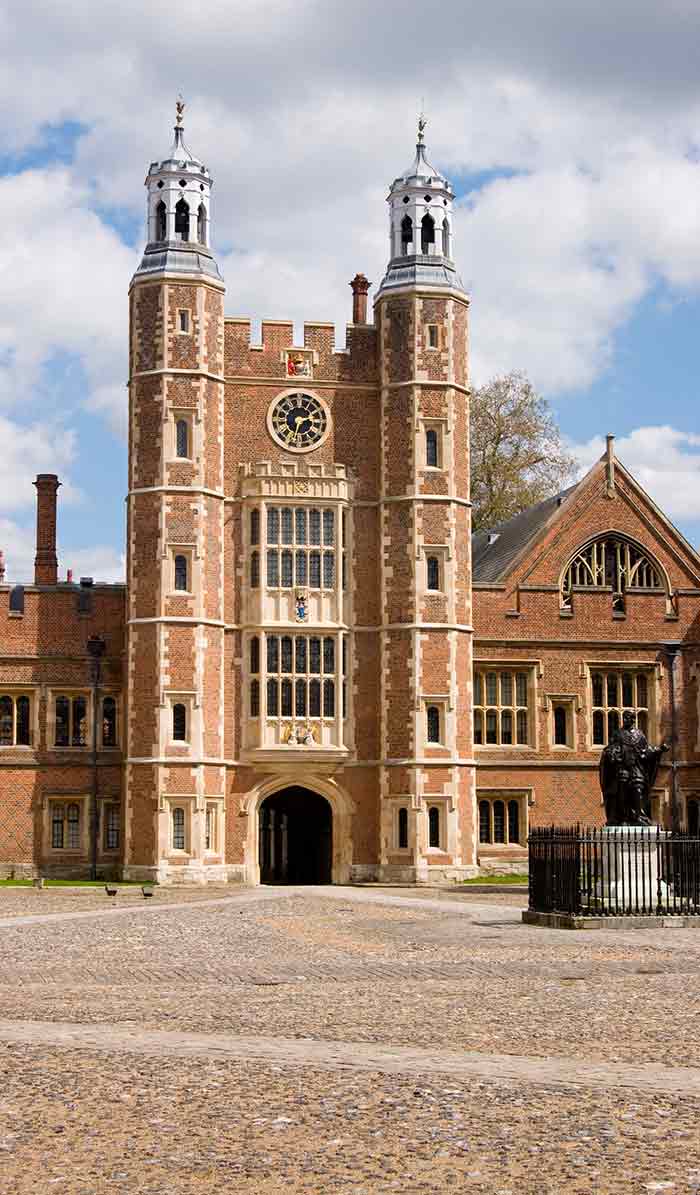



England remains one of the few European countries to offer traditional boarding schools, renowned globally for their excellence. These prestigious institutions deliver an outstanding education not only in core academic subjects but also across sport, music and the arts, cultivating confident, well-rounded individuals..
Often nestled in picturesque countryside settings, boarding schools in the UK offer far more than just academic instruction, they provide a full living and learning experience. When selecting the right school, facilities play a key role. The finest schools feature state-of-the-art classrooms and residences, alongside amenities such as libraries, swimming pools, golf courses, equestrian centres, workshops and more.
Annual tuition fees typically range from £52,000 to £75,000, depending on factors such as location, campus facilities and the school’s specific educational focus.
Full boarding: Pupils live on campus throughout the school term, returning home only for holidays and designated exeat weekends. This is an ideal choice for international families or UK-based parents with demanding travel or work schedules.
Weekly boarding: Pupils stay at school from Monday to Friday and return home for the weekends. This model suits families based in the UK or those close enough for regular weekend travel.
Flexible boarding: This adaptable option allows pupils to board a few nights each week, with days varying based on age, school activities and time of year. It offers a balance between structure and home life.
Daytime only: Pupils attend classes during the day and enjoy full access to school facilities and meals, but return home in the evenings. No overnight accommodation is provided..
Across London and other major UK cities, there are numerous prestigious non-residential private schools, with globally renowned names like Westminster School and St Paul’s School. These elite day schools are known for producing exceptional graduates and therefore maintain highly selective admissions processes, requiring candidates to demonstrate strong academic ability and near-native English proficiency. Entry typically includes several examinations and interviews.
It is important to note that not all day schools are licensed to sponsor international students under the Child Student visa.
England is one of the few countries worldwide where single-sex education remains widely available. A glance at national league tables reveals the strength of this tradition, with single-gender schools often outperforming their co-educational peers.
Supporters of single-sex education highlight its benefits in fostering focus, reducing distractions and creating an environment where children can build confidence and independence more naturally.
On the other hand, advocates for mixed-gender schools believe they offer stronger opportunities for developing social skills and better prepare students for the realities of life beyond the classroom.
When choosing a school for your child, it’s essential to consider your long-term aspirations. You may wish to maximise their chances of securing a place at a top UK university, or you might prioritise nurturing a talent in the arts or sport.
Above all, the most important factor is how well the school aligns with your child’s personality, interests and needs. Even the most prestigious institution cannot unlock a child’s full potential if they are not engaged. The right school is one where your child will feel confident, inspired and truly thrive.
Astra Education will help you choose the school that fits your goals and provides your child with an environment in which they can thrive and achieve their maximum potential.
